
Resolving social issues through business
The Ricoh Group's policy is to “Align ESG with business growth.” We position ESG initiatives as future financial targets because we look for them to bear financial fruit three to five years hence. ESG and business growth are not pursued separately. We believe that ESG and business growth are the two wheels that work in tandem.
We are advancing the “Align ESG and business growth" by resolving social issues through our business activities, such as helping customers improve productivity and enhance creativity through the delivery of digital services, and providing environmentally friendly products and services.
Four material issues to resolve through business
The Ricoh Group has identified seven material issues to realize a sustainable society. The four key issues of “Creativity from work," “Community and social development," “Zero-carbon Society," and “Circular economy" are “Resolving Social Issues through Business," and together with the three important social issues of “Robust management infrastructure" to support them.
Key social issues are linked to the issues at workplaces, such as offices, frontllnes, and society. By accumulating solutions to these issues one by one, we can simultaneously solve social issues and achieve business growth. Ricoh Group will continue to accelerate business growth by resolving social issues and contribute to the creation of a sustainable society through business.
Social issue‒resolving businesses and sales targets and FY2024 results
To better demonstrate to all stakeholders our progress in aligning ESG with business growth, we clarified the businesses and the sums they contribute to resolving social issues and set a sales target for 21st MTS(From FY2023 to FY2025).
| Materiality | Resolving social issues through business | 21st MTS ESG targets (End of FY2025) |
FY2023 achievements |
FY2024 achievements |
|---|---|---|---|---|
| Creativity from Work | Office Services Smart Vision, and others |
1,017 billion yen | 926 billion yen | 1,006 billion yen |
| Community and Social Development | GEMBA (Maintenance and services business targeting other than offices) Municipal solutions Educational solutions, and others |
32 billion yen | 20 billion yen | 28 billion yen |
| Zero-carbon Society Circular Economy |
Eco-friendly MFPs Commercial Printing Silicone-top linerless labels Label-less thermal, and others |
428 billion yen | 315 billion yen | 410 billion yen |
Case Studies of Resolving social issues through business

Creativity from Work
To provide digital services that transform how customers work and help them with productivity improvement and value creation

Community and Social Development
To contribute to the maintenance, development, and efficiency of community and social systems. We leverage our technical expertise and customer connections to expand areas where we provide value

Zero-Carbon Society
To decarbonize the entire value chain and create business opportunities by contributing to carbon neutrality

Circular Economy
To create business opportunities by building a circular economy business model for ourselves and our customers
Creativity from Work
Enhancing employee capabilities and engagement, along with improving operational efficiency and productivity, directly contributes to strengthening the company’s long-term sustainability. In Japan, where the declining birthrate and aging population are accelerating, labor shortages have become an urgent issue for many companies. By leveraging the power of people and digital technology to connect workers, workplaces, and the interactions between them, we provide digital services that transform how customers work, and help them with productivity improvement and value creation.
Case Study
Providing business-specific solutions packages,
helping SMBs digitalize processes and transform their workplaces

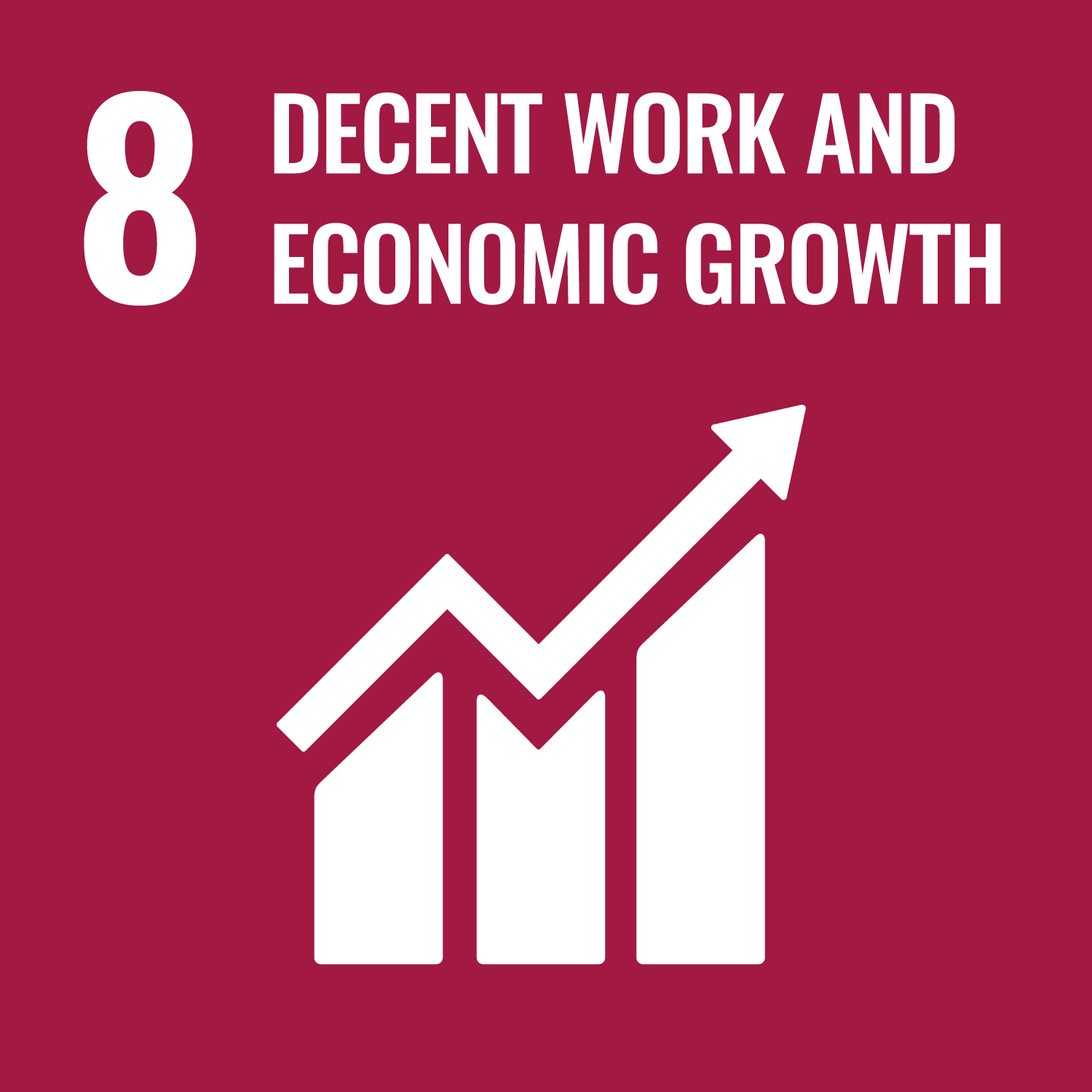
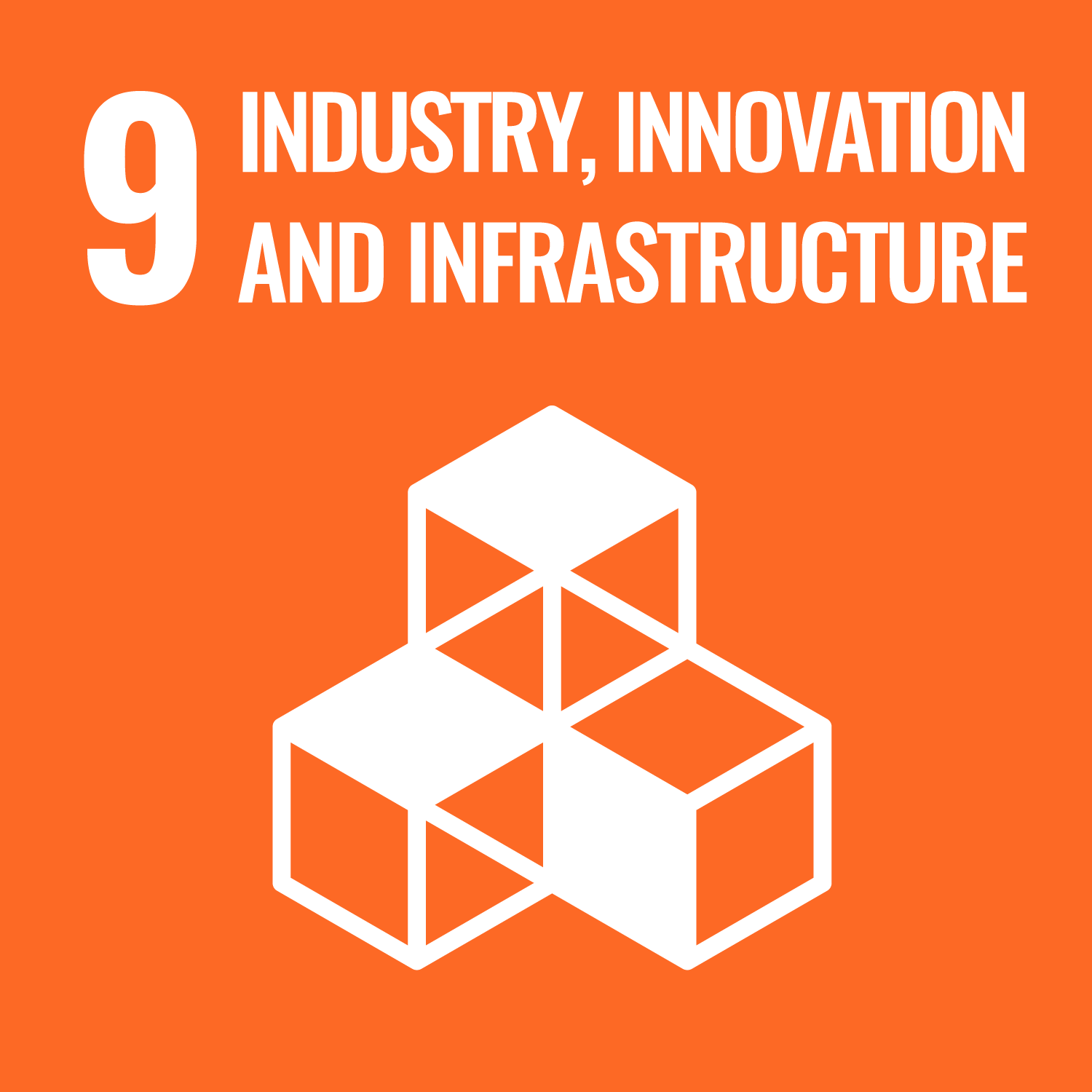
Social and customer issues
Increasing productivity is a pressing issue in Japan, where the labor force continues to shrink. DX must be accelerated by promoting the use of ICT.
On the other hand, the shortage of digital human resources to promote DX has become a problem, and that is one of the reasons why ICT utilization is still insufficient, especially for SMBs.
Ricoh Group Initiatives and Strengths
Provision of packages of solutions for each type of business to SMBs. Ricoh supports the DX for small and medium-sized enterprises by taking advantages of Ricoh's strengths.
Ricoh's Strengths
- Identifying on-site issues faced by customers, identify business needs, and develop products
- Mid-tier and small and medium-sized customer base accumulated in the office business
- Nationwide sales and service network and ability to accompany customers from implementation to operation
Aligning social issue resolutions with business growth
Promoting a shift in sales structure from selling goods to the selling of service.
We will respond in a timely and accurate manner to contribute to greater operational efficiency and creativity and continue to change as a partner to our customers
In this way, we will accelerate the creation of new recurring revenues in the growth area of digital services and achieve medium-to long-term profit growth.
Contribution to social Issues resolution
- Supporting SMEs‘ DX with digital capabilities and contributing to Creativity from Work
- 90,548 installations in FY2024, contributing to the creation of a total of 90,548 installations in FY2024, contributing to the creation of a total of 65.40 million work hours*
- Contributed to reduction of CO2 emissions due to reduced travel
*Including time creation through DX solutions other than SME packages.
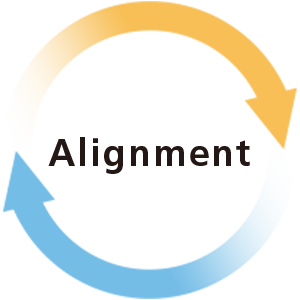
Business growth
- As a result of the continued growth of the Scrum package, the accumulation of high-margin recurring revenue has been accelerated, resulting in an increase in annual sales to 75.1 billion yen (FY 2024).
Case Study
Providing a Solution for On-Site Situation Confirmation and Recording Without the Need for Physical Visits
Enhancing Information Sharing, Productivity, and Working Conditions



Social and customer issues
In industries involving on-site work, such as construction, addressing long working hours and labor shortages is a pressing issue. However, on-site tasks such as site surveys and construction management are extensive, making it challenging to achieve significant productivity improvements. The transformation of on-site workflows and productivity enhancement through DX (Digital Transformation) is an urgent necessity.
Ricoh Group Initiatives and Strengths
By utilizing 360-degree images, we digitize on-site conditions. Through collaboration with partner companies offering industry-specific solutions, we cover the entire workflow, contributing to information sharing, productivity improvement, and better working conditions.
Ricoh's Strengths
- AI-driven 360-degree imaging technology
- Integrated provision of hardware, applications, and cloud services related to 360-degree imaging
Aligning social issue resolutions with business growth
Although some industries are already adopting the Ricoh solution—such as construction, real estate, and used car sales industries—we aim to create new markets by targeting other industries facing challenges in on-site verification, including healthcare, logistics, and manufacturing. Strengthening collaboration with our global sales network will further drive expansion.
Contribution to social Issues resolution
- Improving productivity and working conditions through workflow transformation

Business growth
- Creating new markets for 360-degree imaging by expanding target industries
- Expanding sales by consolidating our global sales network
Related information
Community and Social Development
For Ricoh, which has a global sales and service network—including over 350 locations in Japan—the sustainable growth of local communities and economies is essential for maintaining Ricoh’s customer base and business continuity. Through our nationwide network, we address local issues such as depopulation, labor shortages, and digital divides, contributing to the revitalization of regional areas. We place particular focus on supporting local social infrastructure, including healthcare, education, and public services.
Case Study
Expanding medical equipment maintenance by reskilling customer engineers,
contributing to a safe and reliable medical care infrastructure

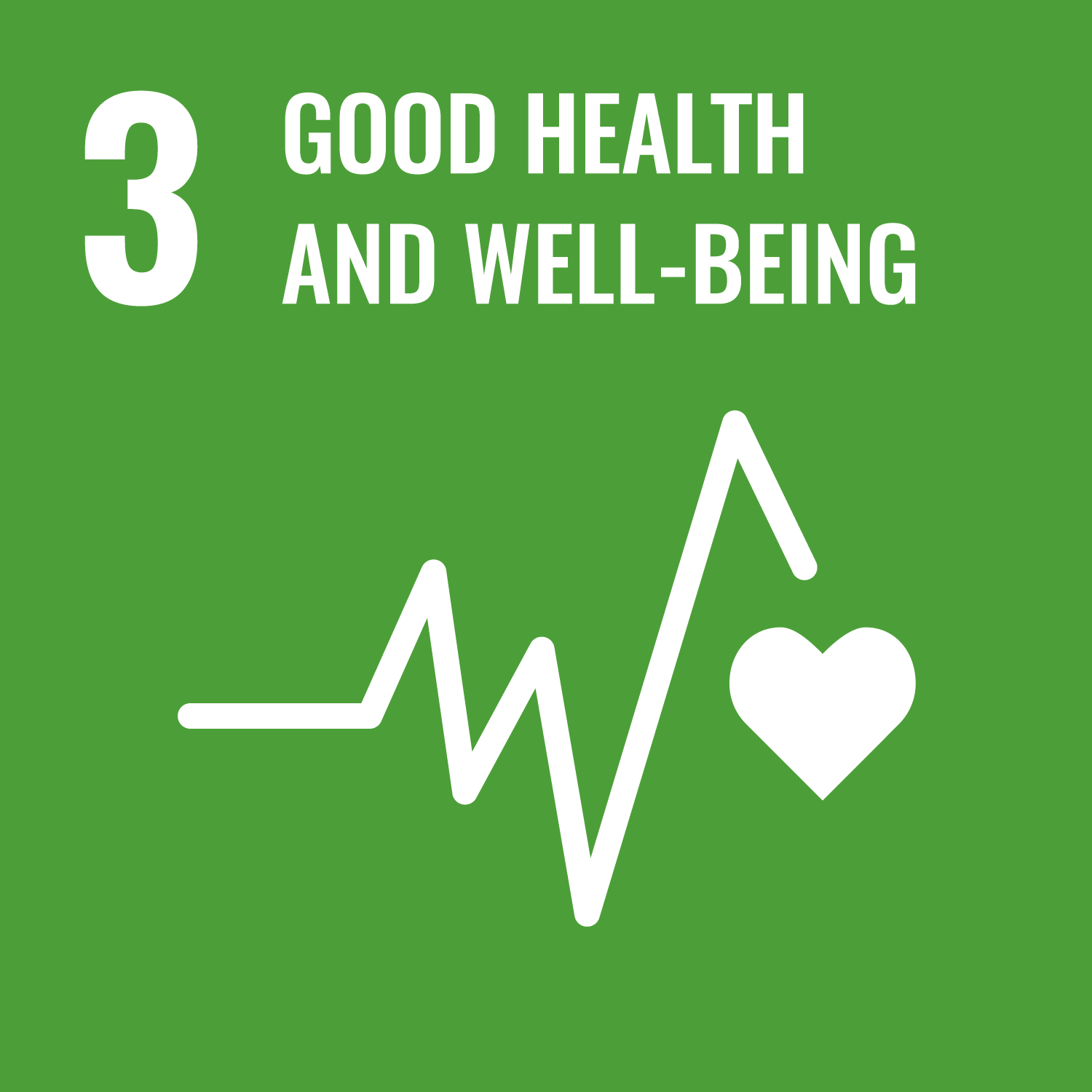
Social and customer issues
Japan's healthcare industry is undergoing rapid structural changes accompanied by advanced technological innovations, and there is a need to improve operational efficiency by introducing highly innovative devices and systems with digital and AI technology, and to respond to the accompanying reform of working styles.
In this context, ensuring the quality of medical equipment installation and connections to networks, as well as on-site responses such as periodic inspections after starting operations and repairs in the event of a failure, is becoming increasingly important from the viewpoint of the quality and efficiency of medical care as well as the safety of patients and medical professionals.
Ricoh Group Initiatives and Strengths
Customer Engineer’s re-skilling activities. We are contributing to the maintenance of infrastructure for safe and secure medical care by expanding the scope of our maintenance activities from conventional offices to medical devices.
Ricoh's Strengths
- Maintenance service network covering a wide range of areas including remote areas
- Network skills of customer engineers accumulated in the office business
Aligning social issue resolutions with business growth
Doubling the number of medical device service personnel by the end of FY2025. We will continue to enhance our business by acquiring new customers by expanding our medical device partners and by cultivating relations with customers by medical device maintenance.
We will further promote customer engineers re-skilling and expand the scope of maintenance to non-medical devices (ex, solar panels, and smart locker). We will expand the scope of value delivery from offices to workplaces and society.
Contribution to social Issues resolution
- 50%Contribute to the maintenance of infrastructure for reliable and safe medical care, with a wide-area maintenance service network and capabilities that can handle network connectivity for medical devices.
- Help improve infrastructure for 30 million people in healthcare, education and community development by 2030

Business growth
- Acquisition of new customers by expanding the number of medical device partners
- Add-on for Office Printing and Office Services, focusing on medical equipment maintenance
- Expansion of maintenance target areas other than medical devices
Related information
Case Study
DX Support Services for Small Municipalities Facing Labor Shortages
Enhancing Resident Services and Improving Internal Operations


Social and customer issues
In regional cities, depopulation, labor shortages, and industrial hollowing-out are advancing. Employees in small municipalities, working with limited budgets and personnel, are burdened with various daily tasks, leaving them little time for new initiatives. Therefore, the introduction and promotion of digital transformation (DX) remain key challenges.
Ricoh Group Initiatives and Strengths
We support municipality DX by providing various solutions, including document management, resident service improvements, and internal network enhancements.
Ricoh's Strengths
- Sales and service networks capable of covering small municipalities
- Solutions addressing workstyle reform, security, infrastructure, and operational efficiency (multi-vendor approach)
- Proposals based on in-house implementation of document digitization, the foundation of municipal DX
- Strong relationships with municipalities backed by agreements with 80 local government bodies
Aligning social issue resolutions with business growth
With government support through the "Digital Rural City National Concept" (a subsidy budget of approximately 100 billion yen*), the municipal DX market is expected to grow. Leveraging Ricoh Group's strengths, we aim to expand our business further. Additionally, we collaborate with local governments to hold events that encourage regional businesses to promote digital transformation (DX) by utilizing IT implementation subsidies. (As an IT introduction support provider, we hold a top-class record in subsidy applications and approvals.)
*Based on the FY2024 budget, sourced from the Cabinet Secretariat and Cabinet Office Integrated Local Revitalization Website.
Contribution to social Issues resolution
- Supporting DX for small municipalities facing labor shortages
- Contributing to improved resident services through municipal employee work efficiency enhancement

Business growth
- Accelerating DX for small municipalities supported by a 100-billion-yen subsidy budget
- Expanding business to private enterprises within municipal regions through municipal collaborations
Case Study
Providing Various ICT-Based Solutions in Educational Settings
Enhancing Digital Literacy and Strengthening Inquiry-Based & STEAM Education



Social and customer issues
In education, digital literacy and inquiry-based & STEAM education, which promote active and collaborative problem-solving, have become increasingly important. While the GIGA School Initiative has ensured one device per student, further development of student IT utilization skills, enhancement of teacher instructional abilities, and improvements to ICT environments remain challenges.
Ricoh Group Initiatives and Strengths
We provide total solutions, not only supporting ICT infrastructure development but also enhancing the use of devices. Additionally, we contribute to improving education quality by supporting inquiry-based STEAM education curricula that foster inquiry and creativity.
Ricoh's Strengths
- Strong relationships, proposal capabilities, and ongoing support developed through CAI* and GIGA School negotiations
- Nationwide sales and support network
*CAI: Computer Assisted Instruction
Aligning social issue resolutions with business growth
Japan's education DX/ICT market is expected to grow to approximately 364.4 billion yen by 2030 (a 149.7% increase from FY2021)*. Ricoh Group will expand its business by leveraging its strengths to meet the replacement demand for devices in 260 municipalities supported under the GIGA School initiative.
*Based on research by Fuji Chimera Research Institute
Contribution to social Issues resolution
- Promoting digital literacy education and inquiry-based STEAM education
- Enhancing education quality through improved teacher instruction and ICT environment

Business growth
- Addressing replacement demand for devices in 260 municipalities supported under the GIGA School initiative
- Expanding ICT environment development and curriculum support in the growing market
Zero-Carbon Society / Circular Economy
As global companies accelerate efforts toward decarbonization and resource reduction, customer expectations are rising for SBT certification, product with environmental labels, CFP data, and recycled material ratios. By working to decarbonize the entire value chain and create business opportunities by contributing to carbon neutrality, as well as to create business opportunities by building a circular economy business model for ourselves and our customers, we also help our customers achieve their own goals for decarbonization and resource efficiency.
Case Study
Developing A3 color MFPs with industry-leading environmental performance,
helping create a zero-carbon society and circular economy

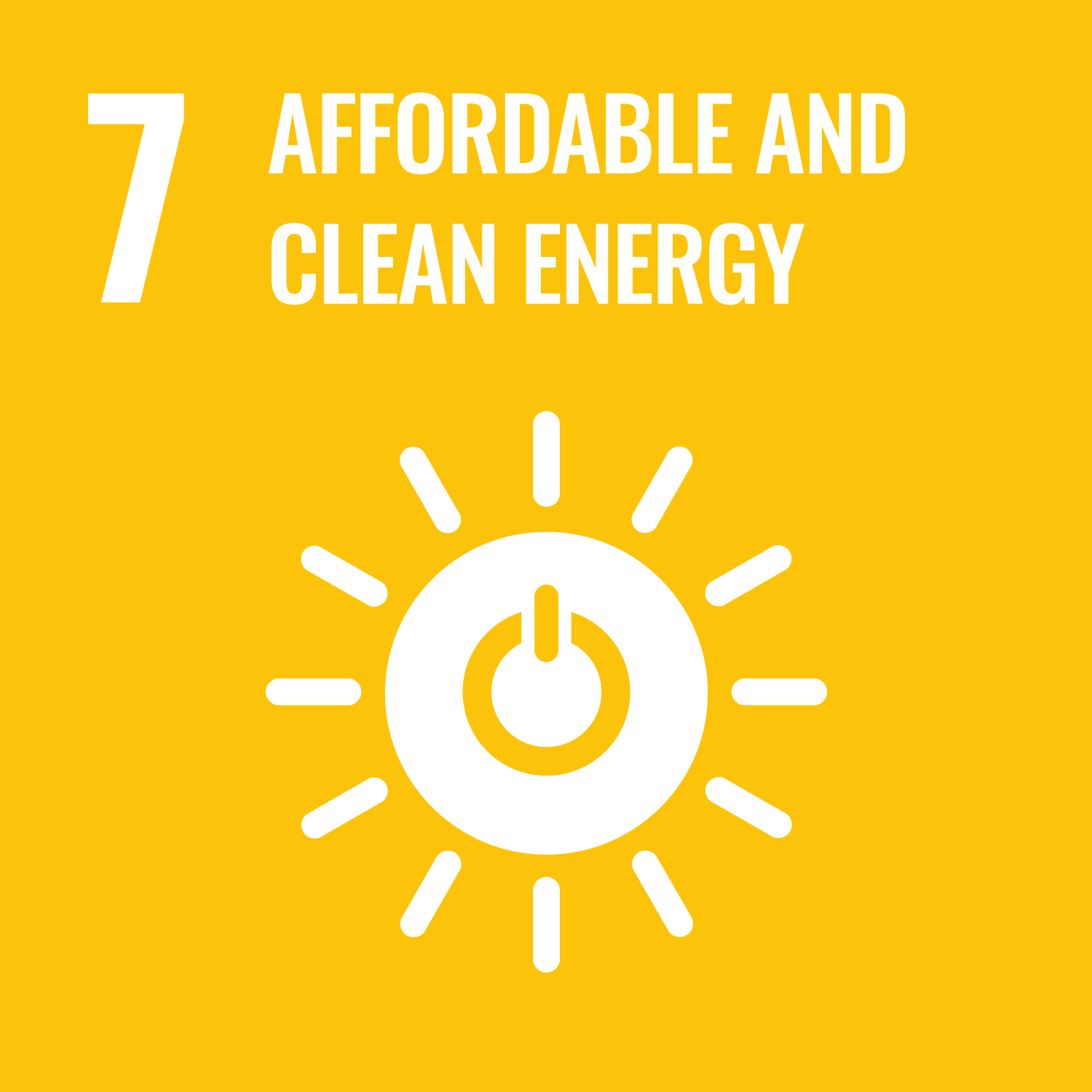
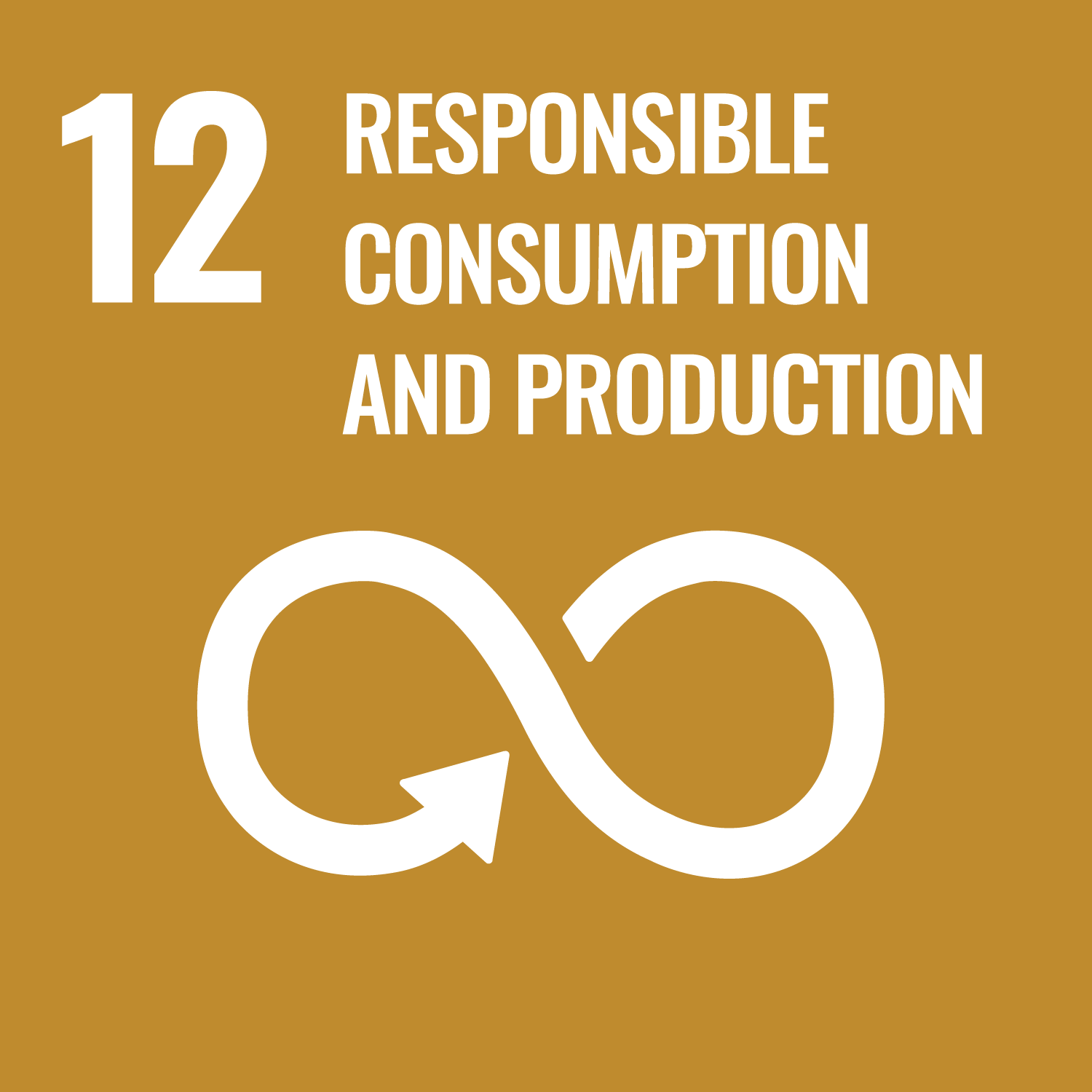
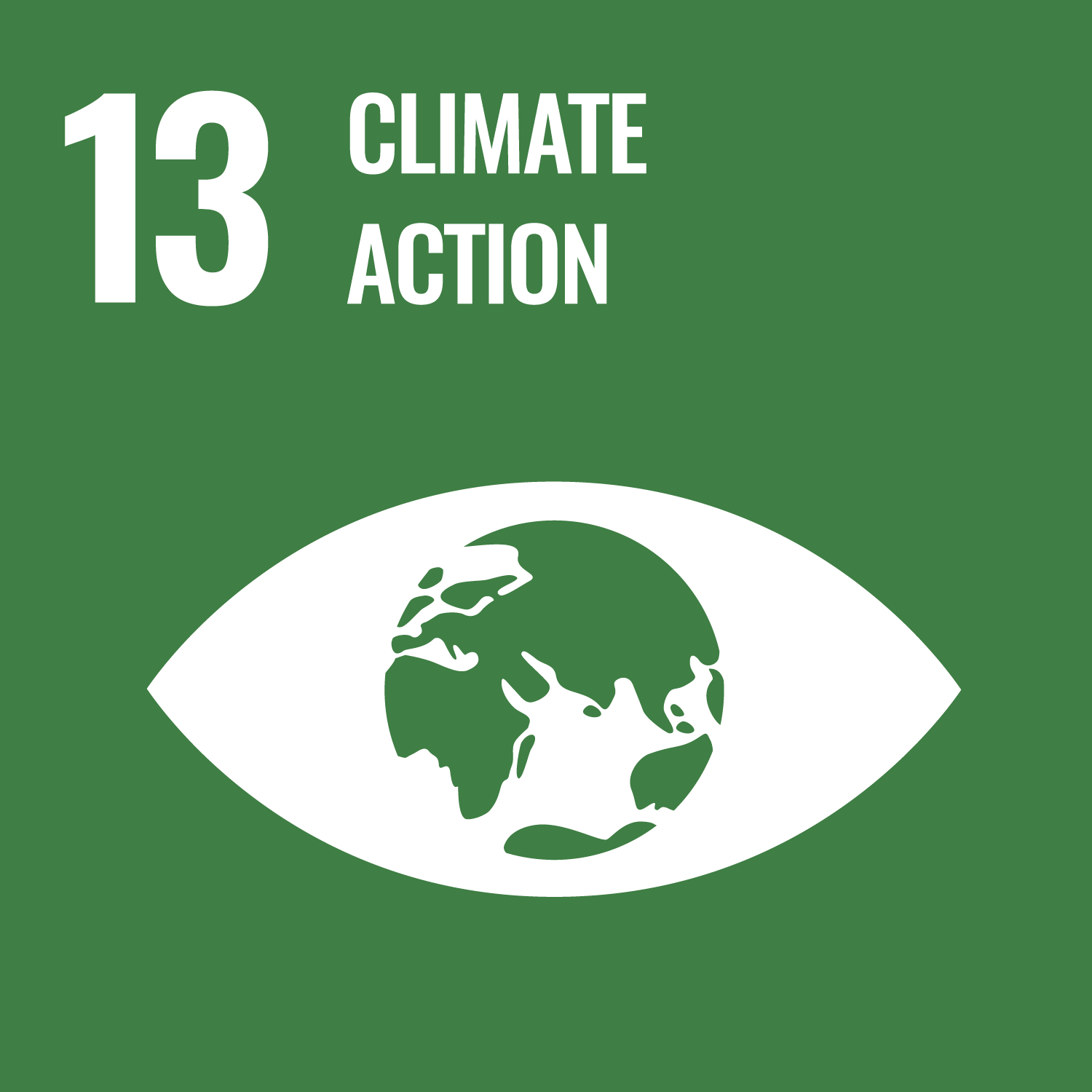
Social and customer issues
Climate change issues such as extreme weather events such as heavy rain and heat waves, which are referred to as global warming, have become a matter of urgency throughout the world, and global warming is steadily advancing. In order to maintain a sustainable global environment, it is important to further strengthen efforts to reduce greenhouse gas emissions, as well as to promote the effective system and technologies of utilizing limited resources throughout the entire life cycle of the company.
Ricoh Group Initiatives and Strengths
Utilizing our long-standing expertise in product manufacturing to reduce the environmental impact of the entire product life cycle (from procurement of raw materials to disposal and recycling), we use plastic recovered materials in collaboration with material manufacturers in parallel with product development.
Ricoh's Strengths
- Recovered more than 50% of the plastic used in the MFP, the highest level in the industry for an A3 MFP
- Reduced carbon footprint of the entire life cycle by approximately 27% compared to the previous machine.
- Production sites use 100% renewable energy for electricity.
Aligning social issue resolutions with business growth
We are strengthening our product lineup by making products in anticipation of trends in laws and regulations related to circular economy and human rights DD, as well as trends in demands for environmental performance.
In addition, we are helping our customers achieve better ways of working as edge devices that seamlessly connect analog and digital and support DX in our customers' operations.
Contribution to social Issues resolution
- Use more than 50% of recovered plastic
- 27% reduction in carbon footprint over the entire life cycle
- Contribution to Reducing Carbon Footprint of Products in FY2024 by Approximately 75,000tons of CO2 Emissions
- Reduction of CO2 emissions has helped to decrease estimated social costs in FY2024 by approximately 680 million yen*.
*Calculations based on the EU ETS price from the World Bank's "State and Trends of Carbon Pricing 2024" report.

Business growth
- Differentiate through leading response to growing demands for de-plasticization, carbon footprint disclosure and carbon offsetting
- Contributed to winning global business contracts with ESG requirements
Related information
Case Study The collection, remanufacturing and recycling of used in-house products and materials from these products for the realization of a circular society



Social and customer issues
The depletion of resources due to global population growth and the issue of marine plastic waste have focused attention on the “Circular Economy.” Consequently, companies are now expected to work with stakeholders to promote transformation to a business model that does not depend on resource consumption.
Ricoh Group Initiatives and Strengths
Since 1996, we have been collecting used in-house multifunction printers and toner cartridges and reselling them as reused or recycled products. Items that cannot be regenerated as products are utilized as remanufactured parts or materials. These activities contribute to business growth.
Ricoh's Strengths
- By considering transportation, disassembly, and cleaning in the initial design stage, we enhance efficiency across multiple processes in collection, disassembly, and regeneration.
- Utilizing our collection logistics network and equipment usage history data, we optimize transportation and sorting for different reuse and recycling patterns.
- We have established in-house remanufacturing sites globally and provide quality-assured remanufactured models in four regions: Europe, the Americas, Asia-Pacific, and Japan.
Aligning social issue resolutions with business growth
The shift to a circular economy is expected to generate $4.5 trillion in revenue worldwide by 2030 (*1).
Ricoh promotes "LC Transformation" (*2) by providing regenerated devices that enhance security and usability, ensuring both customer convenience and resource circulation.
(*1) Source: Accenture website
(*2) Ricoh’s strategy to transition from a linear (L) economy—in which raw materials are procured, products are manufactured, used, and then discarded—to a circular (C) economy that recycles resources
Contribution to social Issues resolution
- Through its recycling business, Ricoh has reduced the annual input of new resources by approximately 6,000 tons (*FY2024 results).

Business growth
- Thanks to years of accumulated efforts, the recycling business has grown to handle approximately 60,000 units annually, generating approximately 31 billion yen in revenue (*FY2024 results).
- By addressing the latest security measures, improving usability, and promoting environmental benefits, the value of the recycling business continues to expand.
Related information
Case Study
Supporting the Shift from Offset to Digital Printing
Contributing to Decarbonization, Resource Conservation, and Operational Efficiency





Social and customer issues
In the printing industry, while environmental considerations are increasingly important, challenges such as labor shortages and an aging workforce make operational efficiency a critical issue. Additionally, as customer demands diversify, there is a growing need for personalized and small-lot, multi-variety printing solutions.
Ricoh Group Initiatives and Strengths
By providing automation solutions for printing processes, we simultaneously contribute to workstyle reform and environmental burden reduction. We also offer tools for visualizing CO2 emissions from printed materials. Furthermore, we promote digitalization through on-demand printing devices to enhance efficiency in small-lot, multi-variety printing.
Ricoh's Strengths
- Energy-saving devices incorporating resource-efficient technologies such as electric arc steel sheets
- Comprehensive environmental proposals combining smart energy products/services and CO2 visualization applications
Aligning social issue resolutions with business growth
With the industry-wide shift toward unmanned and digitalized printing processes, digital print volume is expected to grow. Additionally, the demand for decarbonization measures in printing is anticipated to increase further.
Contribution to social Issues resolution
- Enhancing efficiency through automation in printing processes
- Reducing electricity consumption and conserving resources

Business growth
- Digital print volume is projected to grow at an annual average of 18.3% from 2022-2027*
- Offering solutions that address CO2 visualization and reduction needs
*Based on data from Keypoint Intelligence
Case Study
Developing label-free thermal technology that prints directly on packaging,
helping customers adapt products and business models to circular economy




Social and customer issues
To achieve a sustainable society, it is increasingly expected that citizens, businesses, governments and other entities will voluntarily and proactively reduce their carbon footprint in all aspects of society.
Along with this shift, consumer awareness is changing, and ethical consumption is gaining momentum. Companies are being asked to develop products and change their business models in response to these changes in consumer attitudes.
Ricoh Group Initiatives and Strengths
We have developed a technology that enables direct printing on transparent film, resulting in label-less packaging. This technology helps reduce the carbon footprint by decreasing the need for labels and ribbons, reduces dead stock by standardizing packaging materials that vary by product, and increases productivity by eliminating the need to prepare and replace labels and ribbons.
Ricoh's Strengths
- The industry's first partial coating technology that allows for both easy visibility of contents and ingredient labeling
- Expertise in solving customer problems in the logistics, distribution, medical, and transportation infrastructure industries, backed by the world's leading market share in thermal paper and thermal transfer ribbons
Aligning social issue resolutions with business growth
Starting from the convenience store industry, the company has expanded to large and medium-sized supermarkets. In addition to food packaging, the company is also expanding into other industries such as pharmaceutical packaging and logistics packaging. In April 2023, we launched a new company, RN Smart Packaging Co. Ltd to expand our business.
Contribution to social Issues resolution
- Reduction of environmental impact (reduction of carbon footprint 80% or more compared to thermal labels)
- Dead stock reduction
- Productivity improvement

Business growth
- Adoption by two major convenience stores in 2022
- Business expansion with a view to expanding into other industries and overseas
Related information
Case Study
Reducing Paper Usage with Linerless Thermal Labels
Contributing to Decarbonization



Social and customer issues
As companies strive for a carbon-neutral and circular economy, reducing environmental impact has become a key focus. Resource reduction in product packaging is particularly important. Additionally, regulations on chemicals with potential risk to humans and the environment are tightening, increasing industry awareness.
Ricoh Group Initiatives and Strengths
By offering the "Silicone Top Linerless Label," which eliminates liner paper, we contribute to resource reduction in packaging processes. We have also proactively introduced phenol-free products in the Japanese market ahead of regulatory changes.
Ricoh's Strengths
- Years of expertise in thermal paper technology enabling liner removal
- Reducing GHG emissions by approximately 30% compared to conventional liner-attached labels
Aligning social issue resolutionss with business growth
In Japan, linerless labels account for approximately 40% of food POS label usage, with Ricoh holding a 60% market share (as of FY2024, based on internal research). Global adoption is also increasing, with further growth expected. Additionally, more major retailers are adopting policies against phenol-based materials.
Contribution to social Issues resolution
- Contributing to resource conservation by eliminating liner paper, reducing GHG emissions by 30%

Business growth
- Holding a 60% share in Japan's food POS linerless label market*
- Expecting continued global market expansion
*As of FY2024, based on internal research